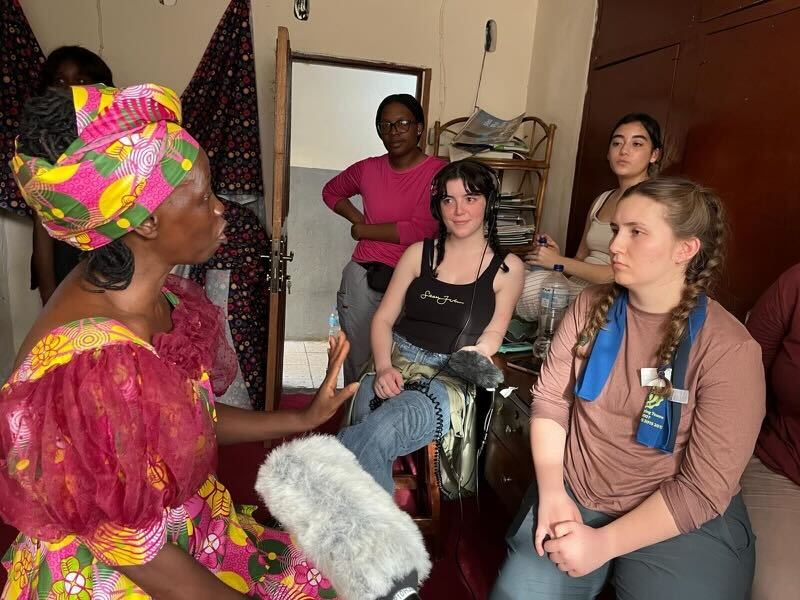The annual Banned Books Week, taking place Sept. 25 to Oct. 2, encourages University students and professors to rally around the issue of First Amendment rights.
As many books in public schools and libraries are removed from the shelves for their offensive or controversial content, the University students and staff have taken proactive measures to address these concerns.
Groups sponsoring this week-long event include the American Book Sellers Association; American Booksellers Foundation for Free Expression; the American Library Association; American Society of Journalists and Authors; Association of American Publishers; and National Association of College Stores.
Last Sunday, the University’s chapter of the American Library Association chalked the Quad with titles of banned books and quotes addressing the need to embrace the freedom of expression.
“We got sidewalk chalk and chalked up the Quad with titles and quotes from books that have been banned or challenged in the past,” said Tarida Anantachai, president of the University’s ALA chapter.
Get The Daily Illini in your inbox!
Anantachai said it’s surprising how many books are being banned that we think are safe.
“We noticed people walking by the titles that were written on the sidewalk and being surprised to see books like Harry Potter or To Kill A Mockingbird on there,” Anantachai said.
In conjunction to the week-long observation, the Undergraduate Library has a digital display of banned books available for students to view online.
Furthermore, Christine Jenkins, an associate professor in the Graduate School of Library and Information Science, shared her ideas about censorship and intellectual freedom in an open interview.
Jenkins said the marketplace of ideas must thrive in order to help people understand different viewpoints.
“We have a marketplace of ideas, and that’s how you get to making good decisions,” Jenkins said. “And policies require looking at a variety of perspectives.”
She added that some people disagree with open access to all books because the content isn’t fit for children.
“There are various areas that are sensitive, which is anything do with sex, religion, politics, language and a lot of things about poor role models,” Jenkins said. “With almost all books that are banned, the concern is that children will get them.”
Despite these concerns, Sue Searing, Library and Information Science librarian, said she believes it’s more important to provide people with readily available information than restrict access altogether.
“Most librarians find it not a good solution to suppress access to books because let’s say it talks about gay sex or relationships,” Searing said. “Someone who is coming out or curious then has to expose themselves enough to ask for the book so it’s a real barrier. As a librarian, my job is to connect people with the information they want – not put barriers between them.”
Searing said there is rarely any good reason for restricting access to books. She added that for young readers, “we have to trust parents to make good choices.”









